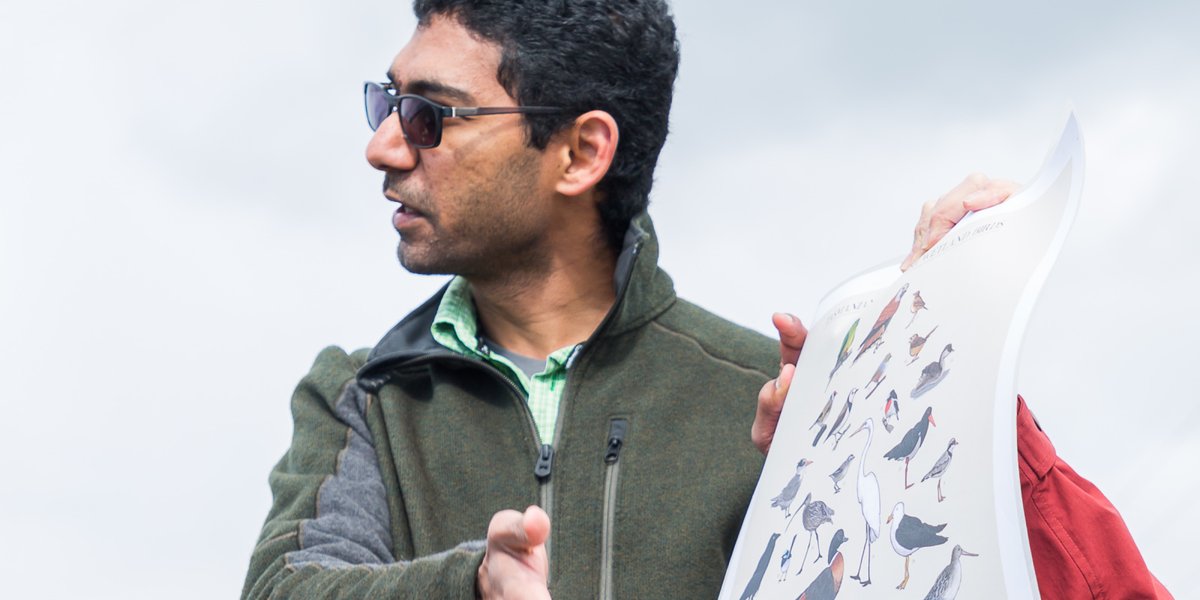Seana Gall
"We’re all connected here, so we can do things that wouldn’t be possible in bigger centres. The community likes to be involved in the research."
"It is different for some of our students, but we help them through it. Then they often decide to stay, to become Tasmanians, and then they become the mentors."
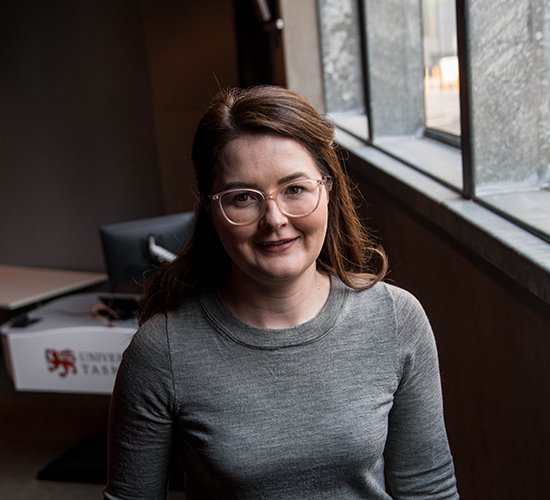
Sixteen years ago, Seana Gall finished her studies in Melbourne. She had two choices to launch her career in population health research, both overseas. One was Oxford.
“Instead I chose to go over a sea… to Tasmania.”
It’s a non-traditional choice in the world of academia. A lot of her colleagues and peers would have veered in the other direction.
“You do have to strive a bit harder, prove things a little bit more at a smaller university,” she says, about the choice that defined her life. “And I had come from living in the middle of Melbourne and I was in my early twenties. I did struggle for a bit. One of the things about being a smaller city, with those close connections, is that it can be a bit harder for people coming in from the outside. But the Tasmania I moved to in 2006 is pretty different to the Tasmania of today.”
This decision hasn’t only been good for her career. It’s deeply meaningful to her.
“Tasmania, per capita, has more strokes than elsewhere in Australia,” she says. “We’re a place-based university. The research we’re doing and the things we’re really good at should improve the lives of the people of Tasmania.”
An island state with a relatively small population is an excellent place to do population research, and not only for analysing data. “We’re all connected here, so we can do things that wouldn’t be possible in bigger centres. The community likes to be involved in the research, and since we all know one another in health care and health research we can work together on things and share.”
Spending her early years in a big city, where much of the horizon is concrete and glass, made Tasmania feel exotic from the beginning.
“For me it’s Mount Wellington in winter with snow on it. I remember the first time I turned a corner and looked up and saw the mountain with snow on it. It’s just so big! It’s like being in Europe or something.”
Now that she is a parent, Seana sees Tasmanian life and culture through the eyes of a child. “All the things you’re able to do here, and so easily, that were not possible for me growing up: being on the water, out in nature.”
She also sees the state, and her home city of Hobart, through the eyes of a student. “I did my undergraduate training at Monash University, one of the biggest universities in Australia,” she says. “The student experience was quite different. Monash, the suburb where it’s situated, it’s a university campus and that’s it. Here it’s different. We’re in the middle of town and you have all of these things happening around you. We take in a lot of international students so we’ve got quite a vibrant, multicultural experience for students. All these people coming here from around the world create a nice cohort of people who can share their culture, their food with each other and us.”
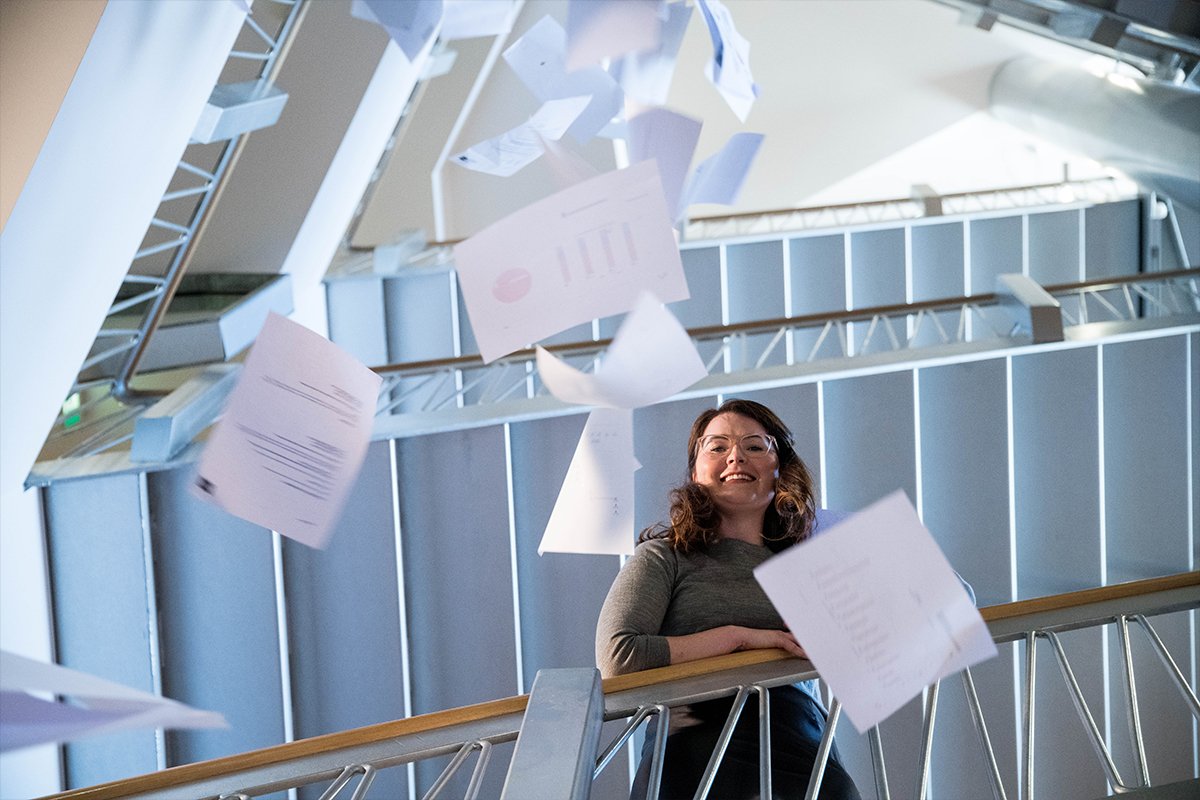
For some students from big cities, where we learn to be anonymous, or from different cultures, there can be a period of adjustment. “It is different, for some of our students, but we help them through it,” says Seana. “There is a community feel here. It’s a very open culture, which can be quite different for people coming from around the world. But then they often decide to stay, to become Tasmanians, and then they become the mentors.”
The Menzies Institute for Medical Research isn’t the only part of University of Tasmania with a global reputation. People come from around the world to be a part of the Australian Maritime College, to study the future of renewable energy, the environment and climate change, to devote themselves to the Antarctic, to become professionals, and to do all of it in a highly connected culture of artisanal quality and enterprise. If you want to create something, test it, and launch it into the world Tasmania is a workshop.
Given her success, Seana has an international career. She engages with colleagues all over the world. “You do often have to describe Tasmania to people,” she says. “Some people would not know it’s part of Australia. Others check it out and say it looks amazing. The people from Denmark know us, because of the connection with [Princess] Mary. A lot of people have not met Tasmanians, so that’s always nice.”
Seana, like all Tasmanians, is an ambassador for what she does and why she does it here. “I feel fortunate to have made that choice sixteen years ago. I would be a very different person if I had chosen to live elsewhere.”
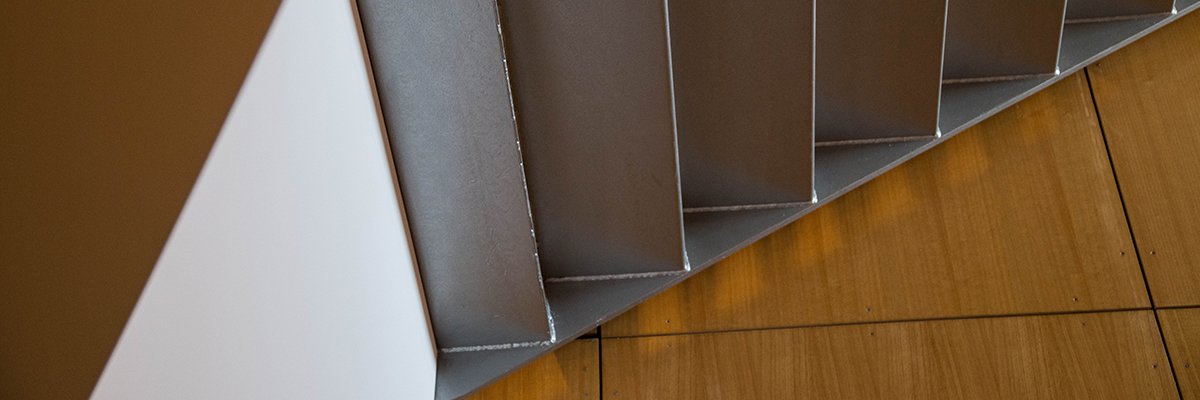
Associate Professor Seana Gall is one of 18 Tasmanians featured in our short film about the Tasmanian story. Seana's scene was filmed at the Menzies Institute for Medical Research.
Read about more Tasmanians
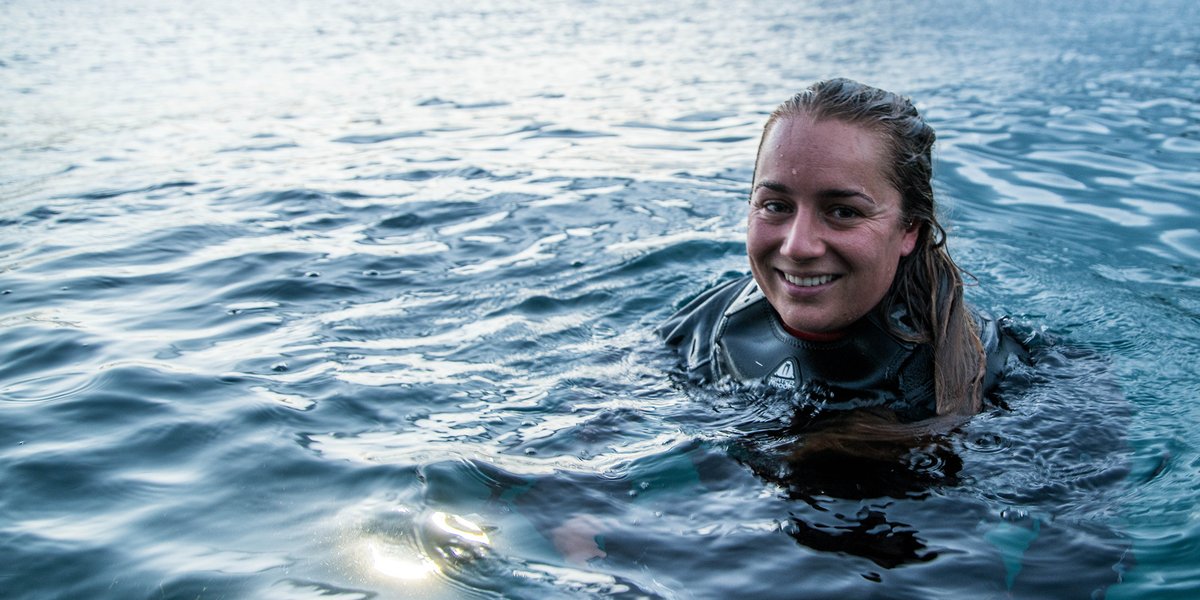
Joanna Smart
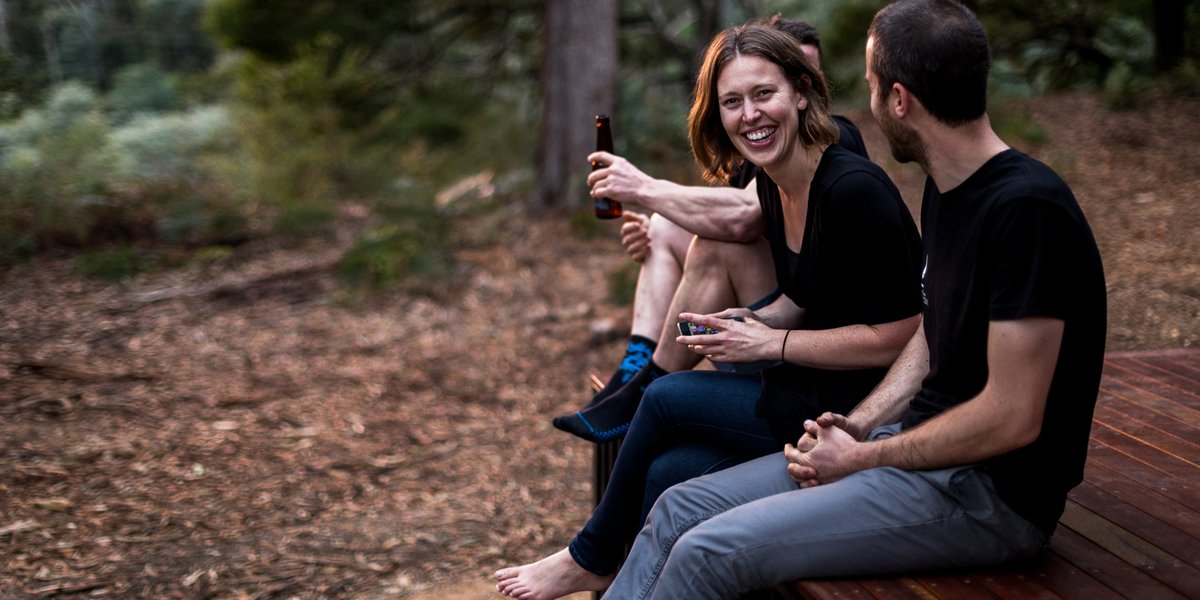
Tara & Steve Howell
